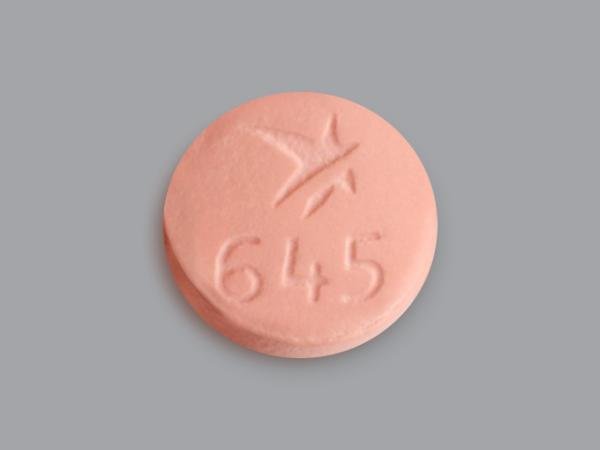Fezolinetant Disease Interactions
There are 2 disease interactions with fezolinetant.
Fezolinetant (applies to fezolinetant) hepatotoxicity
Major Potential Hazard, Moderate plausibility. Applicable conditions: Liver Disease
Fezolinetant is contraindicated in patients with known cirrhosis and has not been studied in patients with Child-Pugh C hepatic impairment. Drug exposure is increased in patients with Child-Pugh A or B hepatic impairment. Fezolinetant may increase serum transaminase levels and drug-induced liver injury has been reported within 40 days of initiation. Assess liver function at baseline, monthly for the first 3 months, then at 6 and 9 months of therapy, or if symptoms of liver injury occur. Do not initiate therapy if ALT, AST, or total bilirubin is 2 times the upper limit of normal or greater. Treatment discontinuation may be required if transaminase elevations occur.
References (1)
- (2024) "Product Information. Veozah (fezolinetant)." Astellas Pharma US, Inc
Fezolinetant (applies to fezolinetant) renal impairment
Major Potential Hazard, Moderate plausibility. Applicable conditions: Renal Dysfunction
Fezolinetant is contraindicated in patients with severe renal impairment or end-stage renal disease. Avoid use in patients with an estimated GFR less than 30 mL/min/1.73 m2.
References (1)
- (2024) "Product Information. Veozah (fezolinetant)." Astellas Pharma US, Inc
Switch to consumer interaction data
Fezolinetant drug interactions
There are 93 drug interactions with fezolinetant.
Fezolinetant alcohol/food interactions
There are 2 alcohol/food interactions with fezolinetant.
More about fezolinetant
- fezolinetant consumer information
- Check interactions
- Compare alternatives
- Reviews (56)
- Latest FDA alerts (2)
- Side effects
- Dosage information
- During pregnancy
- Drug class: miscellaneous central nervous system agents
- En español
Related treatment guides
Drug Interaction Classification
| Highly clinically significant. Avoid combinations; the risk of the interaction outweighs the benefit. | |
| Moderately clinically significant. Usually avoid combinations; use it only under special circumstances. | |
| Minimally clinically significant. Minimize risk; assess risk and consider an alternative drug, take steps to circumvent the interaction risk and/or institute a monitoring plan. | |
| No interaction information available. |
See also:
Further information
Always consult your healthcare provider to ensure the information displayed on this page applies to your personal circumstances.


